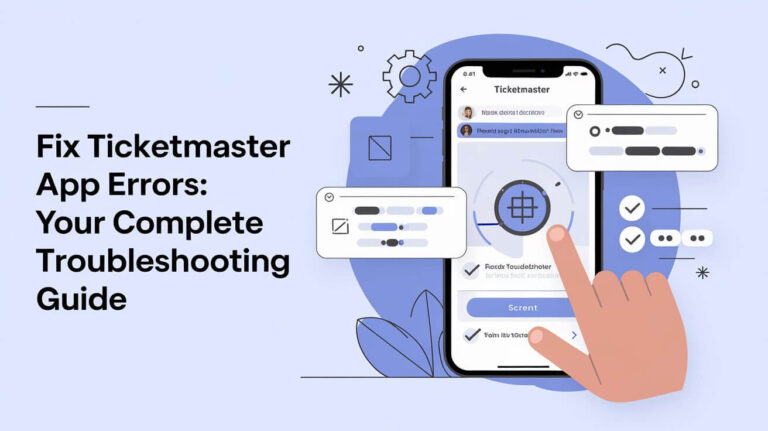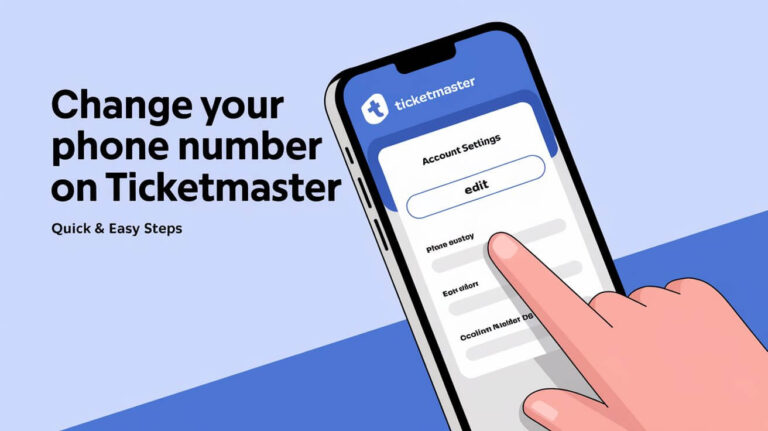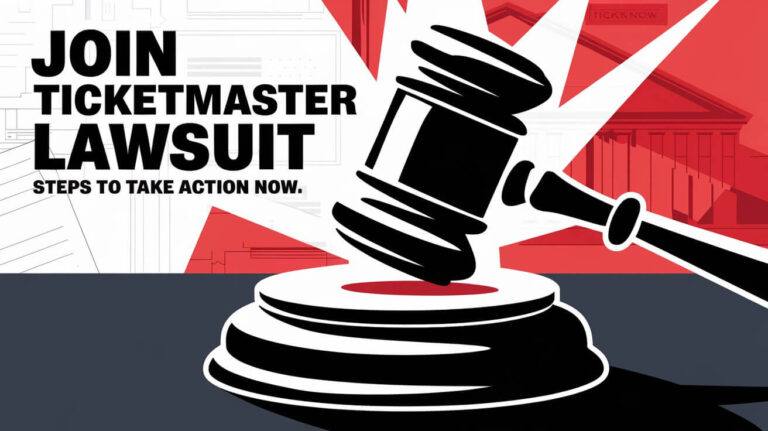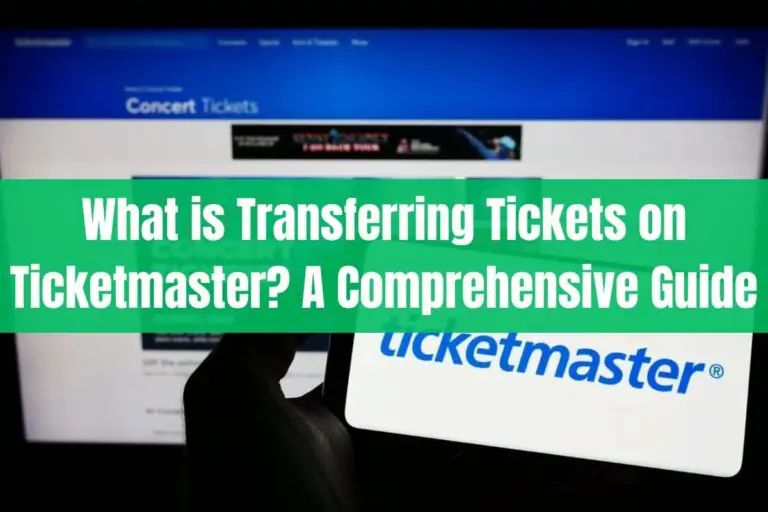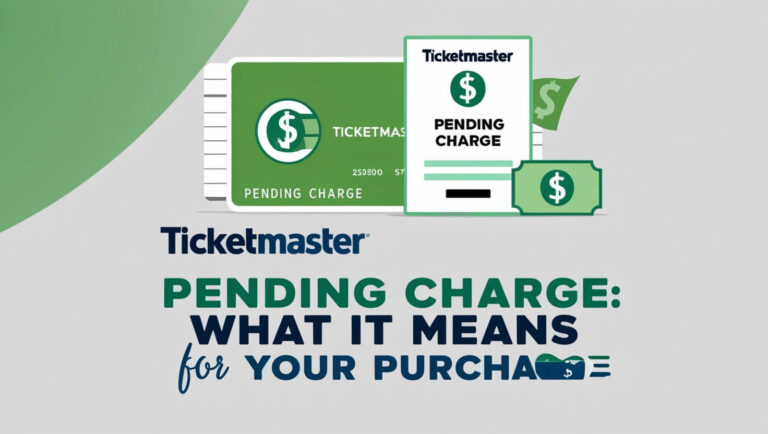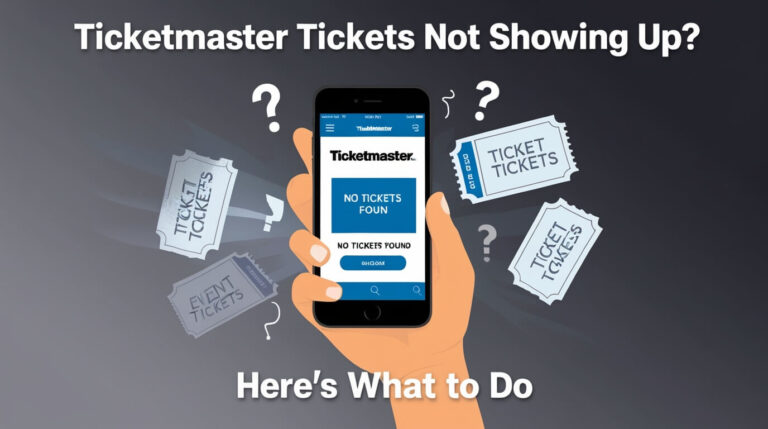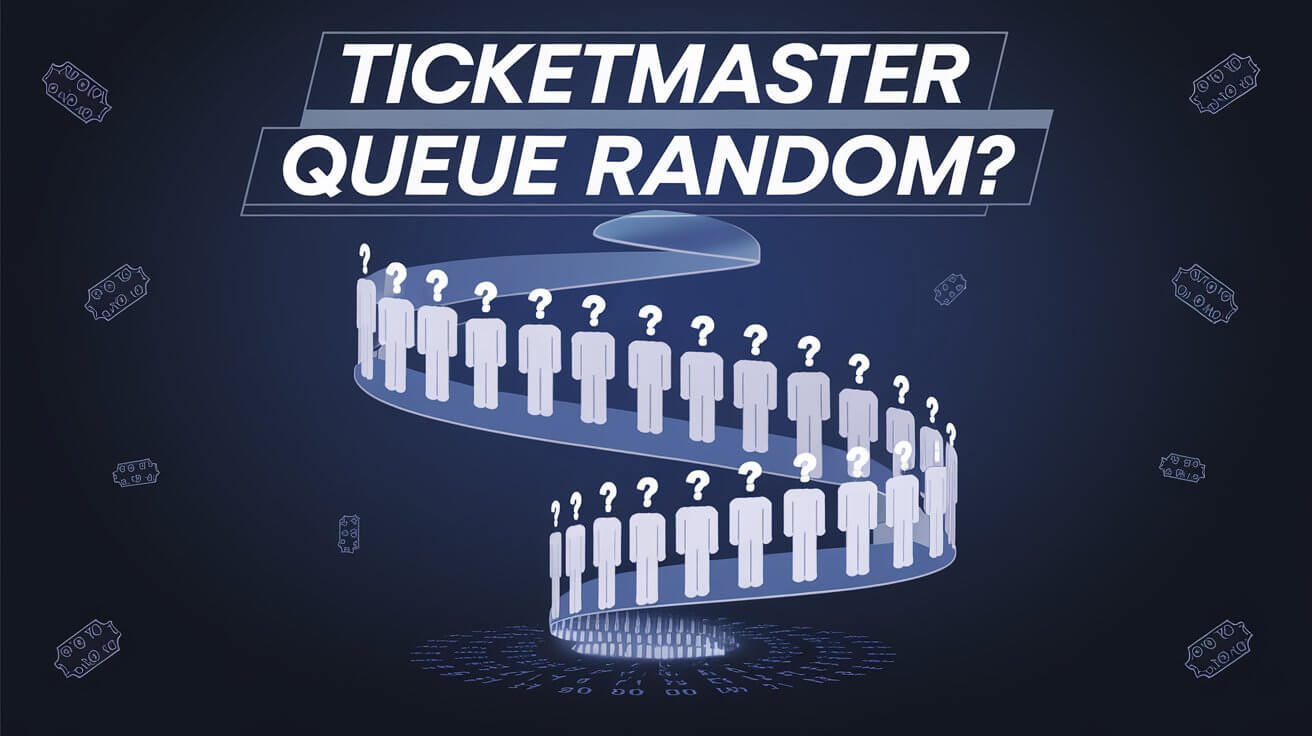
Ticketmaster’s queue system does use randomization to assign places in line, aiming for fairness among users. However, the process isn’t as simple as it might seem. This article explores the ins and outs of Ticketmaster’s queue, its randomness, and how it affects your chances of scoring those coveted tickets.
The Ticketmaster Queue System Explained
What is the Ticketmaster queue?
The Ticketmaster queue is a virtual waiting room. It manages high traffic during popular event sales. Picture it as a digital line you join before buying tickets.
How does the Ticketmaster queue work?
When you enter the Ticketmaster site for a high-demand event, you’re placed in a waiting room. The system assigns you a random spot in line as the sale starts. This process aims to give everyone a fair shot at tickets.
The Randomness Factor in Ticketmaster’s Queue
Ticketmaster’s claim of randomization
Ticketmaster states they use a randomization code to assign queue positions. This means your place isn’t based on when you joined the waiting room. It’s more like a digital lottery.
User experiences and perceptions
Many users report always ending up with “2000+ people ahead” of them. This leads some to question the randomness. But remember, for super popular events, most people will be further back simply due to the sheer number of fans trying for tickets.
Factors Influencing Your Place in the Queue
Timing your entry
Joining the waiting room early doesn’t guarantee a better spot. However, it ensures you’re in the pool when randomization occurs. Typically, waiting rooms open 10-30 minutes before the sale.
Technical considerations
A stable internet connection is crucial. If your connection drops, you might lose your spot. Also, using multiple tabs or devices can sometimes hurt your chances.
Strategies for Improving Your Queue Position
Multiple devices and accounts
Some fans try using different devices or accounts to increase their odds. While this might work, it’s important to note that Ticketmaster has systems to detect and prevent abuse.
Pre-sale and fan club advantages
Fan club members or credit card holders often get early access to tickets. These pre-sales can improve your chances, as you’re competing with a smaller pool of buyers.
Common Misconceptions About Ticketmaster’s Queue
Myths vs. facts
Myth: Refreshing the page will get you a better spot.
Fact: Refreshing can kick you out of line. Let the page auto-refresh.
Myth: The queue is first-come, first-served.
Fact: Your entry time doesn’t determine your final position.
The Impact of Bots and Scalpers on Queue Fairness
Ticketmaster’s efforts to combat unfair practices
Ticketmaster uses various methods to detect and block bots. They also employ Verified Fan technology for some events, which aims to get tickets to real fans instead of scalpers.
Alternatives to Ticketmaster’s Queue System
Other ticketing platforms use different approaches. Some use first-come, first-served systems. Others employ lottery systems where fans register interest beforehand.
The Future of Online Ticket Queues
As technology evolves, we might see more sophisticated queue systems. Blockchain technology and AI could play roles in making ticket buying fairer and more efficient.
Tips for Ticket Buyers Facing the Ticketmaster Queue
Preparation strategies
- Create a Ticketmaster account beforehand.
- Save your payment info to speed up checkout.
- Know your ticket preferences before entering the queue.
What to do while in the queue
- Don’t refresh the page.
- Keep an eye on the time – you usually have 10 minutes to buy once it’s your turn.
- Stay calm and be ready to make quick decisions.
Conclusion: Is Ticketmaster’s Queue Truly Random?
Based on the available information, Ticketmaster’s queue does incorporate randomness. However, the system’s complexity and the sheer volume of users for popular events can make it feel unfair.
While the queue might be random, your preparation doesn’t have to be. Understanding how the system works can help you approach ticket buying with realistic expectations and solid strategies.
Remember, patience is key. If you don’t get tickets immediately, look for additional dates or resale options.

